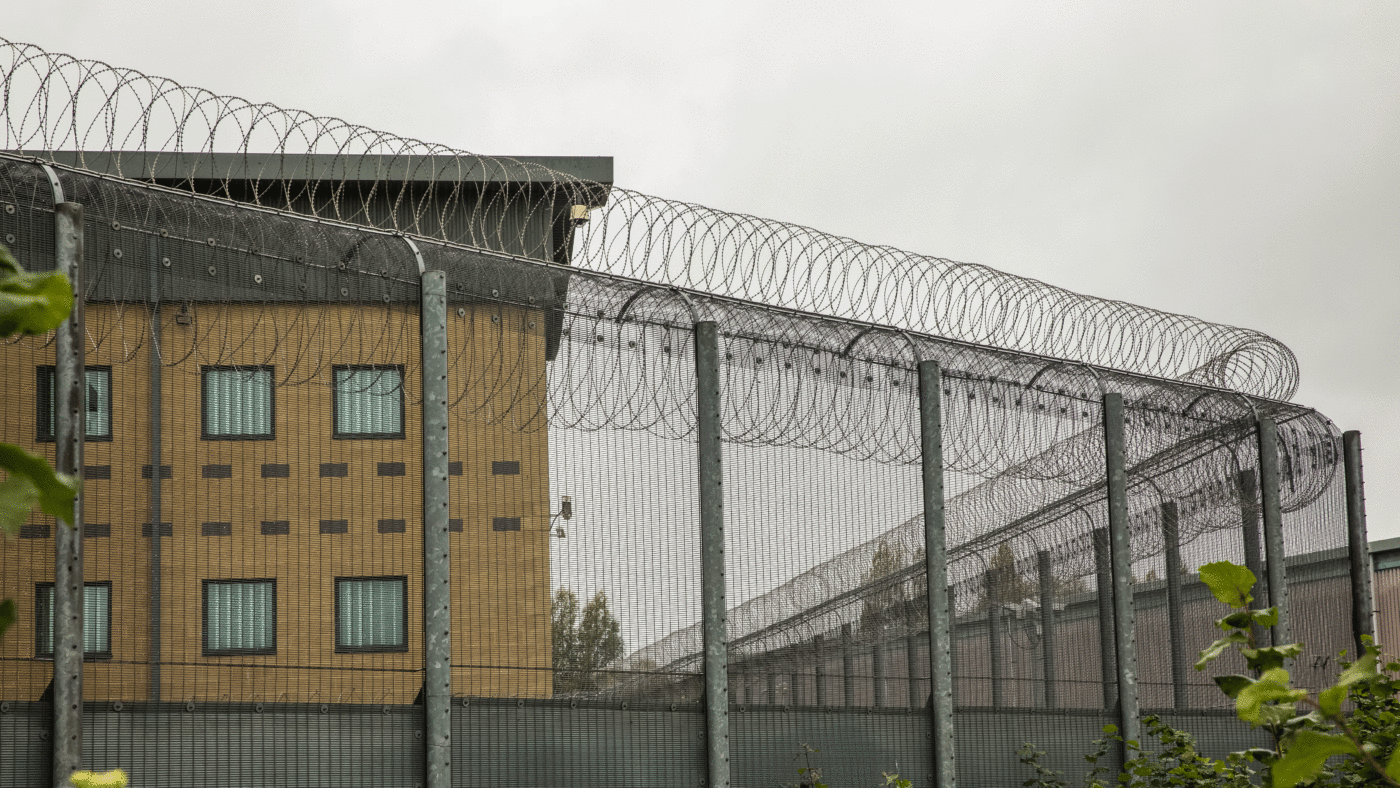Reports that a Mickey Mouse mural at an immigration reception centre was painted over on the orders of Home Office have highlighted the treatment of recently arrived asylum seekers, but far less attention is paid to those who are held in long-term detention while waiting for an application to be decided.
The UK is the only European country that has no statutory limit on the length of time a person can be deprived of their liberty while awaiting an asylum decision, and the new Illegal Migration Bill could make prolonged detention more frequent and widespread.
The Home Office has the power to detain non-UK citizens that do not have the right to remain in the UK and are not waiting for an application decision from immigration authorities. People are most commonly detained when they enter the UK irregularly, when their asylum application is rejected, and when they are found to be foreign national offenders. When used to effect the removal of foreign nationals from the UK detention is necessary and reasonable – but long-term detention when the prospect of removal from the UK is not imminent is harmful and often unjustified.
Currently, there are seven Immigration Removal Centres (IRCs) in the UK and several short-term facilities which house about 2,500 people.
Immigration detention is legally the last resort measure that can be used when other options have been exhausted. Official government guidance states that the decision to maintain detention is only lawful when there is ‘a realistic prospect of removal within a reasonable period of time’. If the ‘reasonable period’ expires and it becomes clear that removal will not take place, detention must not be extended. As it stands, whether the detention period is ‘reasonable’ is decided by a court.
However, due to the lack of clarity and legal safeguards around this guidance, detentions are systematically prolonged for very long periods. People at IRCs often spend months and even years in detention, without being removed from the UK or even knowing the date of their release.
Such detention is highly harmful to detainees. Numerous reports demonstrate that prolonged immigration detention has an extremely adverse effect on detainees’ mental health and well-being. Unlike general state-provided accommodation for asylum seekers, such as ‘initial’ accommodation and ‘dispersed’ privately owned flats and houses, IRCs are almost indistinguishable from prisons. This incarceration can cause both depression and suicidal ideations, and is particularly harmful to people with pre-existing conditions, such as PTSD and the experience of physical and sexual violence. At the same time, access to healthcare and legal aid at IRCs is often inadequate and scarce.
IRCs also have a remarkably poor reputation because of what the Home Affairs Select Committee has called the ‘cavalier attitude to the deprivation of liberty and the protection of people’s basic rights’ prevalent among staff. The 2016 and 2018 reports by the former Prisons and Probation Ombudsman, Stephen Shaw, as well as this 2017 BBC documentary, revealed that detainees are often ill-treated, experiencing frequent verbal and physical abuse. In recent years, the lack of care and the culture of neglect have contributed to the worryingly high levels of self-harm and suicides among people kept in immigration detention.
Contrary to what you might imagine from media coverage of migrant issues, the absconding rate for people under immigration control is very low and there is a broad consensus that there is no reason to keep people in detention unless their removal is imminent. That’s why a 2015 report by Bright Blue called for a statutory detention limit of 28 days. This idea was also supported by HM Chief Inspector of Prisons and the Home Affairs Select Committee.
The new Illegal Migration Bill would not only fail to address these problems but would risk exacerbating them. Currently, detainees can lawfully avoid harmful long-term detention only by challenging the legality of their detention before a court and by applying for a release on bail. The bill would undermine these crucial legal safeguards against long-term detention in three ways.
First, it would restrict the right to apply for a judicial review of the legality of an ongoing detention. It would grant the Secretary of State the power to define what the ‘reasonable’ detention period is and detain people without any judicial oversight, even if their removal from the UK is not possible. Last year alone, the Home Office paid £12.7m in compensation for unlawful detentions. This measure will increase the risk of unjustified and prolonged detentions.
The new provisions would also reduce the feasibility of releases on bail. The bill would ban detainees from getting immigration bail during the first 28 days of their detention, leading to more people spending longer periods at IRCs.
Finally, it would make it harder to get released on bail even after the initial 28-day period. In recent years, the vast majority of releases on bail were granted due to an asylum application. The bill would ban asylum applications for nearly all irregular migrants, undermining their chances of avoiding long-term detention.
The immigration detention system in the UK is already plagued by the lack of legal safeguards against harmful long-term detentions. The way it is currently drafted, this legislation would only make things worse.
Click here to subscribe to our daily briefing – the best pieces from CapX and across the web.
CapX depends on the generosity of its readers. If you value what we do, please consider making a donation.


